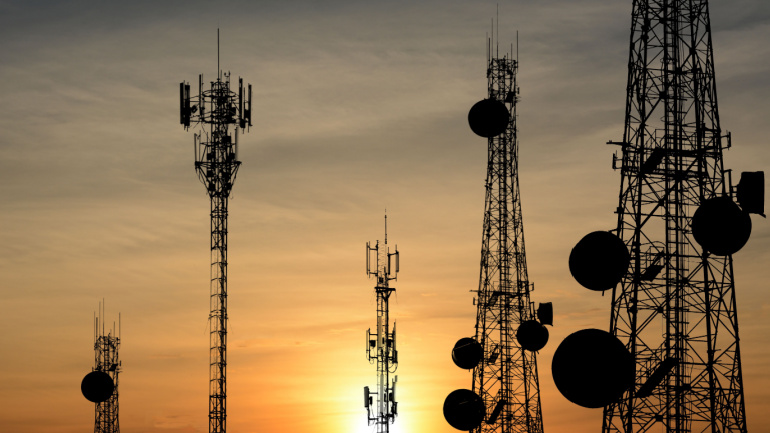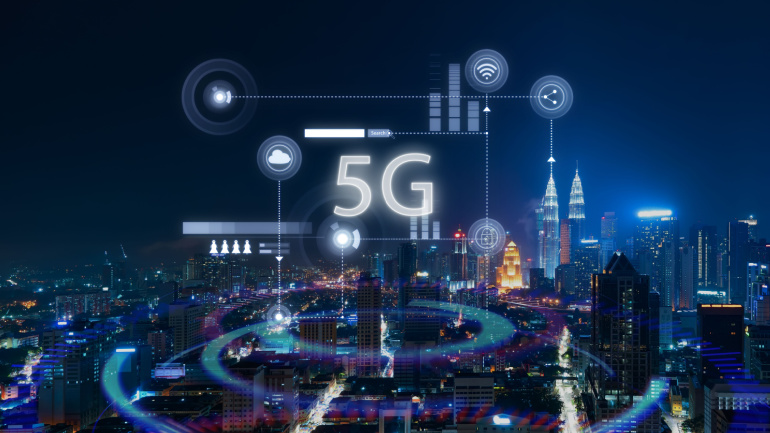Indosat Ooredoo Hutchison’s recent acquisition of MNC Play marks a strategic expansion into the fibre-to-the-home market, promising new options for customers and advancement in Indonesia’s digital transformation. Inclusion of MNC Play’s fibre optic network into the IOH portfolio fortifies their position in the market.
Distinguished selections, momentous awards, and unprecedented telecom innovations marked the recent proceedings. Notably, Telia Company’s Global IoT Connectivity solution won the B2B Service of the Year, while PT Telekomunikasi Selular took laurels in the Digital Transformation Programme category.
In the dynamic realm of modern business, meeting customer expectations is a challenge. Unified Communications (UC) addresses this by integrating diverse communication tools into a cohesive platform. This article explores UC’s benefits, such as omnichannel experiences, personalized interactions, real-time responsiveness, enhanced collaboration, employee mobility, seamless integration with applications, and leveraging data analytics for continuous improvement. UC transforms the customer journey, fostering satisfaction, loyalty, and long-term success in the competitive business landscape.
In the ongoing debate over Big Tech’s ‘fair share’ contribution to telecom infrastructures, new findings from the Belgian Institute for Postal Services and Telecommunications call into question the validity of the argument. BIPT concludes attributing Big Tech solely for data streams might be over simplistic, citing investments made by Content Application Providers in broader infrastructures. The study raises important concerns about the potential negative impact for end-users, small local CAPs, and the principle of net neutrality.
The future of high-quality broadband access hinges on fiber investment, with interest spanning government, media, and network operators. Its value is in optimization, sustainability, and compatibility with the future. This technology could reshape industries, from education to smart city initiatives. The European Commission’s ambitious Digital Deco 2030, aiming to extend gigabit services to its entire populace by 2030, reflects global recognition of broadband’s potential in economic growth. Nevertheless, the disparity in gigabit-digital access remains a concern, prompting a focus on all-optical fiber networks. This reality becomes evident with Omdia’s Fiber Development Index (FDI), offering a diverse range of fiber investment metrics.
President Biden’s administration has launched an extensive review of over 2,700 megahertz of spectrum, perceiving its significant role in the nation’s technological leap. The initiative intends to implement a well-grounded American spectrum strategy, focusing on fostering tech advances, heightening public understanding about its economic role, and fostering a cooperative national framework.
Gartner forecasts a huge 20.4% increase in public cloud services expenditure by 2024, hitting an astounding $679 billion. This surge in spending could be primarily driven by business needs and innovative technologies like generative AI. Interestingly, all cloud market segments Gartner monitors are set to grow, with Infrastructure-as-a-service (IaaS) leading the pack at 26.6%. That said, as the cloud market evolves in response to business outcomes, non-technical issues such as cost, privacy, and sustainability are crucial considerations for an effective GenAI deployment.
Unveiling an intriguing alliance, Liberty Latin America plans to sell 1,300 mobile tower sites to Phoenix Tower International for $407 million, paving a strategic path toward debt reduction and further enterprise investment. This comprehensive deal, incorporating markets from Panama to Puerto Rico, uniquely positions PTI in the telecom landscape and underscores Liberty Latin America’s focus on mergers and acquisitions to amplify its regional impact.
As the year draws to a close, the Radio and Internet Services Department (RDI) is inching closer to launching private local spectrum licenses for enterprise clients. Set to equip them with the 3.5GHz spectrum and power the assembly of private 5G networks, this promises to transform sectors such as Virtual Reality and autonomous vehicles. However, some concerns have borne by airports and ports on fair allocation.
In a strategic move to bolster its mobile network, Australia’s premier telecom firm, Telstra, acquires local operations of small cell provider Dense Air. Both financial details and timelines of the transaction remain veiled. This comes after the Australia Competition Tribunal blocked Telstra’s partnership with TPG, favoring competition and avoiding regional coverage setback. While rivals speculate, Dense Air’s retreat from Trans-Tasman markets coincides with Sidewalk Infrastructure Partners’ takeover. This deal provides Telstra’s network expansion plans with crucial additional spectrum capacity.













